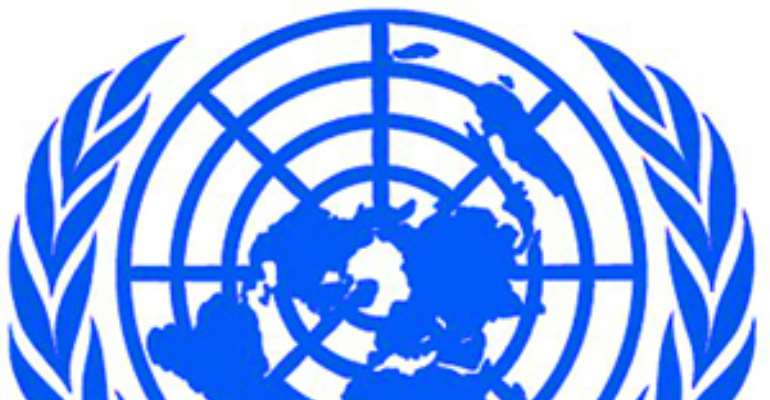IMMENSE HUMANITARIAN CHALLENGES PERSIST IN SOMALIA

NEW YORK, February 19, 2014/African Press Organization (APO)/ -- UN OCHA Operations Director John Ging said today that immense challenges remain for millions of Somalis, particularly those who are displaced and refugees who want to return home. Speaking after a recent three-day visit to Somalia, Mr. Ging called for immediate action to focus on building resilience and finding long-term solutions to consolidate progress.
“Somalia's humanitarian situation has incrementally improved, but conditions for the people who are displaced in their own country are deplorable,” said Mr. Ging. “Two million people are considered to be food insecure. People are extremely vulnerable and one shock could send families back into a dire situation.”
In 2011, the combination of failed rains and lack of access for humanitarian agencies contributed to a famine in which nearly 260,000 people died. “While the acute phase of Somalia's crisis may be over, it is not time to let down our guard,” Mr. Ging said. “Even in the context of so many global crises, sustained donor support is especially important when there is a genuine willingness and opportunity to break the cycle of crisis in Somalia and ensure that gains made since the famine are not tragically reversed.”
Mr. Ging visited Somalia's capital Mogadishu and the town of Baidoa in Bay region, meeting people in settlements for the displaced. More than one million people who fled their homes because of conflict and climate-related crises in Somalia are still displaced and are particularly vulnerable to malnutrition and to violations of human rights.
Mr. Ging met local authorities and organizations assisting people in Mogadishu and Baidoa. “I was impressed by the commitment of both the local and national authorities I met in Somalia,” said John Ging. “The remarkable progress made and the strength of partnerships with the international humanitarian organizations gives me confidence that the challenges ahead will be overcome. But unless funding for these vast humanitarian needs is sustained, response will be limited to short-term 'Band-aid' fixes. We need to have our eye not just on immediate lifesaving needs, but on the long-term, building the resilience of communities and supporting returns,” he added.
Insecurity continues to hamper the aid operation. “When I was in Mogadishu we had a grim reminder of how difficult and dangerous it is for everybody when a car-bomb attacked an UNHCR convoy. I applaud the courage of our colleagues at UNHCR and of other humanitarian partners.”
The 2013-2015 Consolidated Appeal for Somalia only received 50 per cent of the US$1.15 billion it sought for 2013, and almost no funds to promote durable solutions. So far, the appeal for 2014 has received just 4 per cent of the $933 million requested.
